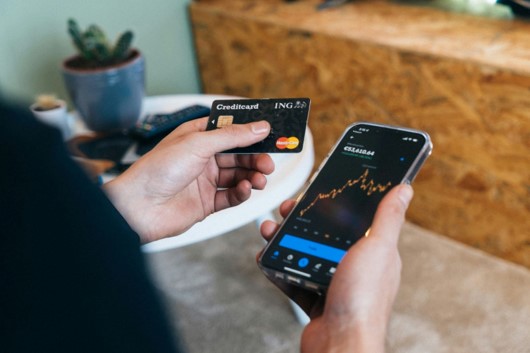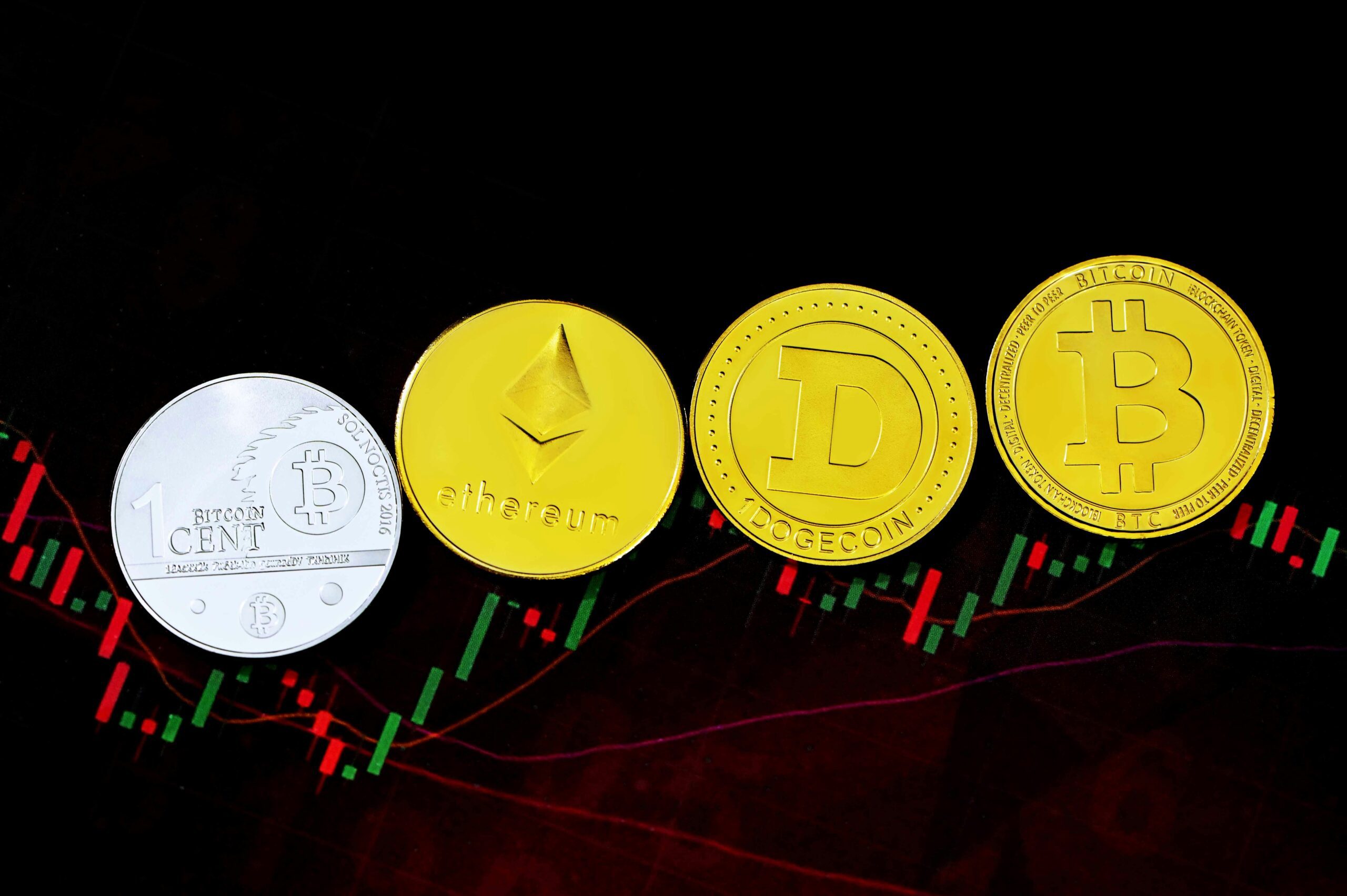Forex Trading’s popularity has grown, drawing in both experienced and new investors to a rapidly expanding market. According to the Research and Marketing 2024 Report, the Forex market is expected to grow from $752.66 billion in 2023 to $795.91 billion in 2024, leading to a compound annual growth rate (CAGR) of 5.7%.
This growth not only attracts genuine investors but also scammers, making Forex Trading Scams on WhatsApp a notable focal point. The Commodity Futures Trading Commission (CFTC) highlights that most forex and cryptocurrency trading scams start on social media or messaging apps, which marks a shift in scam tactics.
In this post, we’ll look into the nature of forex trading scams on WhatsApp, focusing on the various types of scams and providing insights on how to secure your crypto investments against these growing sophisticated threats.
Forex and Crypto Trading: Key Insights
Forex trading –or Foreign Exchange trading–, is the practice of buying one currency while selling another to profit from changes in currency value. This trading occurs in a decentralized market, where transactions are direct between parties globally.
Here’s a closer look at its characteristics:
- Major currency pairs focus: The market primarily deals with pairs like EUR/USD, GBP/USD, and USD/JPY.
- Influence of global economic events: Stability and price changes in this market are significantly influenced by global events
- Affected by economic indicators: Interest rates, inflation, geopolitical stability, and economic growth affecting currency prices.
In contrast, the Cryptocurrency forex trading market introduces a different dynamic:
- Smaller, more volatile market: This sector is known for its significant price swings, which can occur due to minor macroeconomic events.
- Less influence by economic indicators: Unlike traditional forex, cryptocurrency trading is less affected by the economic indicators of central banks, owing to the decentralized nature of cryptocurrencies.
Both markets, despite their differences, are susceptible to scams. The Commodity Futures Trading Commission (CFTC) has issued warnings about the prevalence of scams originating from social media or messaging apps. Key points include:
- Origin of scams: A large portion of frauds in both cryptocurrency and traditional forex trading start on social media or through messaging platforms, such as WhatsApp.
- Warning Signs: Unsolicited contacts or introductions to unknown trading platforms often indicate a scam.
Tendency to Rise: Forex Trading Scams on WhatsApp
WhatsApp, a global communication tool, has unfortunately become a platform for scammers targeting people interested in forex trading. These forex trading scams on WhatsApp are designed with one goal in mind: to steal profits from traders.
They range from selling non-performing products to impersonating experienced traders or setting up fake websites to imitate reputable brokers. The scams are sophisticated, employing various tactics to appear legitimate and trustworthy.
Types of Forex Trading Scams on WhatsApp
1-Impersonation of Legitimate Brokers
Scammers impersonate genuine forex brokers, providing fake links or customer service contacts through WhatsApp and other messaging apps. These fake platforms frequently imitate the visual identity of legitimate sites to trick investors into providing personal information or making payments.
2-Impersonation of Professional Investors
Using fake identities, scammers present themselves as professional traders or analysts, offering false market analysis or trading tips. They might use fabricated credentials to appear credible, ultimately convincing investors to part with their money based on promised high returns.
3-Social Engineering Tactics
Scammers employ social engineering to manipulate users into revealing sensitive information or making financial transactions. They might act as a friend or a familiar contact, using familiarity as a tool to commit fraud.
4-False Job Opportunities
Via WhatsApp, scammers attract victims with false bonus offers or job opportunities, requiring deposits on fraudulent platforms. Victims are tempted by the promise of easy profits, only to find withdrawal conditions impossible or the job tasks a cover-up for additional payments.
5-False Investment Opportunities
Scammers create fake investment opportunities, promising rapid and high returns. Promoting these scams through fake screenshots, falsified testimonials, and group discussions generates an illusion of credibility, tricking investors into financial actions.
These scams not only steal people of their funds but also damage trust within the community. Scammers take advantage of the social aspect of platforms like WhatsApp to establish connections, exploit trust, and manipulate emotions with fabricated evidence and false urgency.
Protecting Tips Against Forex Scams on WhatsApp
To protect yourself against forex trading scams on WhatsApp, being vigilant and informed about potential warning signs is key. Here are actionable tips to improve your protection:
- Conduct Detailed Research: Before any investment or interaction on WhatsApp, diligently investigate the background and credentials of the person or entity. Look for reviews or feedback from other traders and verify their registration with reputable financial authorities to ensure legitimacy.
- Question Promised Profits: Be wary of anyone promising high returns with little to no risk. Forex trading carries inherent risks, and guaranteed profits are a common strategy by scammers.
- Protect Your Personal Information: Avoid sharing personal or financial details with anyone whose trustworthiness you cannot fully guarantee. Scammers often use such information for identity theft or unauthorized access to bank accounts.
- Stay Cautious of Unwanted Contacts: Show skepticism towards uninvited messages claiming forex trading opportunities. Genuine professionals typically do not approach people out of the blue.
- Listen to Your Instincts: If you encounter an offer or situation that feels suspicious or overly enticing, trust your gut feeling. If anything appears suspicious, avoiding contact is the wiser choice, given scammers’ skill in emotional manipulation.
- Report Any Suspicious Activities: Should you come upon or fall victim to a forex trading scam on WhatsApp, quickly report it to the relevant authorities. You can prevent others from similar situations through your actions.
You strengthen your defense against scams by educating yourself about the forex market, understanding its risks, and identifying legitimate trading practices. Protecting your investment from scams starts with awareness and a critical approach to any trading opportunity presented.

Conclusion: Confront the Risks of Forex Trading
While forex trading offers attractive opportunities, it is also associated with potential risks. These scammers, highly skilled in their techniques, continuously set up new forex trading scams on WhatsApp to take advantage of people, thanks to the expansive reach of social media and messaging apps.
The FBI’s Internet Complaints Center (IC3) 2023 report highlights the severity of this issue, revealing that losses in the investment category grew to US$4.57 billion in 2023, a 28% increase from the previous year, with crypto fraud accounting for US$3.94 billion of this total.
Due to these challenges, the Cryptoscam Defense Network works as a central point of support and resources for victims. This project is dedicated to assisting those affected by forex trading scams on WhatsApp and other types of scams, and emphasizes the importance of digital financial security.
We Want to Hear From You!
The fight against cryptocurrency scams is a community effort at Crypto Scam Defense Network, and your insights are invaluable. Have you encountered a scam, or do you have questions about navigating the complex world of digital currency? Maybe you have suggestions or want to share your story to help others. Whatever your experience, we’re here to listen and support you.
Reach out to us at hello@cryptoscamdefensenetwork.com. Share your stories, ask questions, or make comments. Your voice is crucial to building a resilient and informed community. Together, we can improve our defenses and promote a safer digital space for all.
Be a part of the change. Your story matters.
Photos via Unsplash.







